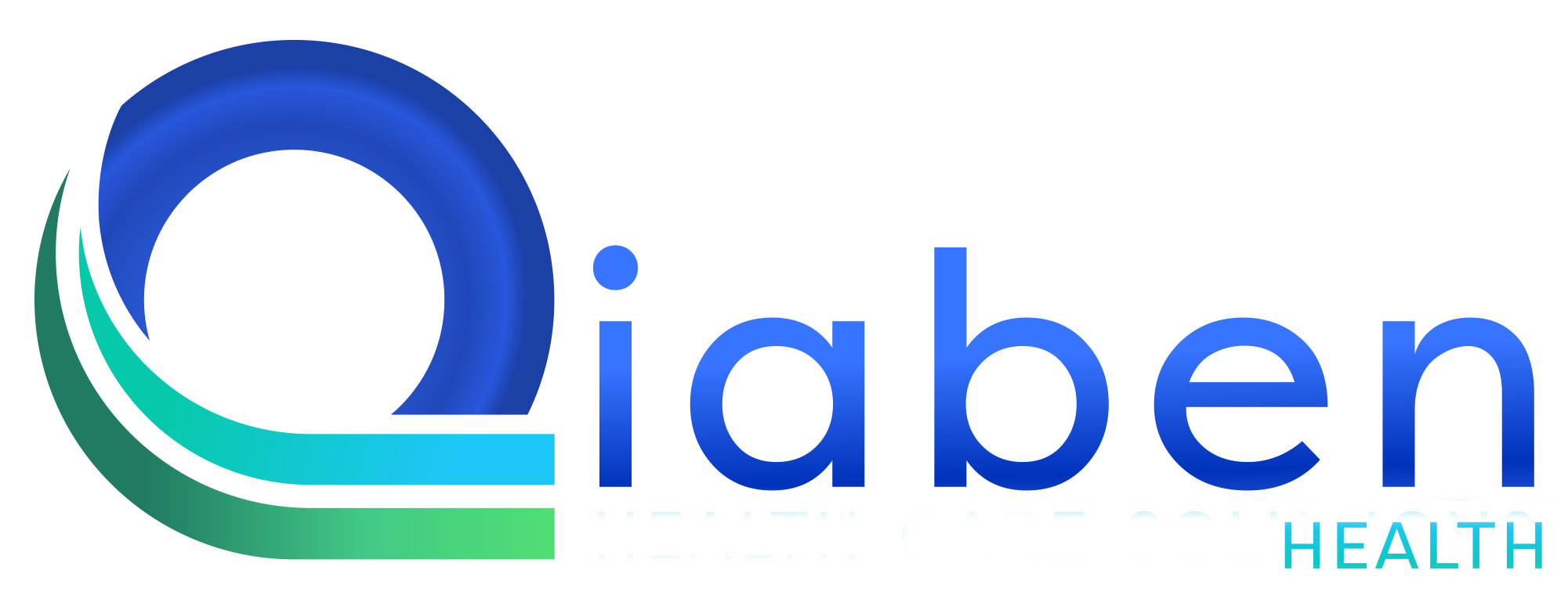Dental billing services are a specialized sector within the healthcare billing industry, focusing specifically on the unique requirements of dental practices. These services encompass the administrative and financial tasks associated with processing dental insurance claims, managing patient billing, and ensuring the accurate and timely collection of payments. Effective dental billing is essential for maintaining the financial health of dental practices, optimizing revenue cycles, and ensuring compliance with industry regulations.
Understanding the Basics of Dental Billing
What Does Dental Billing Entail?
Dental billing involves a series of steps to manage the financial aspects of patient care. This includes gathering patient information, verifying insurance coverage, coding dental procedures accurately, submitting claims to insurance companies, and following up on any denied or underpaid claims. It’s a process that requires attention to detail and knowledge of both dental procedures and insurance policies to ensure practices receive proper compensation for their services.
Key Components of Dental Billing
Patient Information Management: The first step in the dental billing process is collecting and managing accurate patient data. This includes personal information, medical history, and insurance details, which are critical for verifying coverage and processing claims.
Insurance Verification and Claims Processing: Dental billing services handle the verification of a patient’s insurance to determine coverage eligibility and benefits. They are also responsible for the complex task of claims processing, which involves submitting detailed claims to insurance companies and ensuring they meet all requirements for payment.
Coding and Documentation: Proper coding and thorough documentation are crucial for successful dental billing. Each dental procedure has a corresponding code that must be accurately recorded. Incorrect coding can lead to claim denials and delays in payment, so precision is key.
The Dental Billing Process
Steps in Dental Billing
- Initial Patient Intake: Collecting patient information and insurance details during their first visit.
- Insurance Verification: Confirming the patient’s insurance coverage and benefits.
- Coding Procedures: Assigning correct codes to dental services provided.
- Submitting Claims: Sending claims to insurance companies with all required information.
- Follow-up on Denied Claims: Investigating and resolving any issues with denied claims to secure payment.
Common Challenges in Dental Billing
Claim Denials and Rejections: One of the most significant challenges in dental billing is dealing with denied or rejected claims. These can occur due to various reasons such as incorrect patient information, coding errors, or non-covered services.
Incorrect Coding: Accurate coding is crucial in dental billing. Mistakes in coding can result in claim denials, delays in payment, and potential legal issues.
Patient Disputes: Sometimes patients may dispute charges or misunderstand their billing, leading to additional administrative work to resolve these issues.
Benefits of Professional Dental Billing Services
Why Outsource Dental Billing?
Efficiency and Expertise: Outsourcing dental billing to professionals can greatly enhance efficiency. Experienced billing services have the expertise to handle complex billing tasks accurately and quickly.
Cost Savings: By outsourcing, practices can save on the costs associated with hiring and training in-house billing staff. It also reduces expenses related to billing errors and claim rejections.
Improved Cash Flow: Professional billing services can help streamline the revenue cycle, ensuring faster claim processing and payment collection, which improves cash flow for the practice.
Choosing a Dental Billing Service Provider
When selecting a dental billing service provider, it’s important to consider factors such as their experience in the industry, the range of services they offer, and their understanding of dental procedures and coding. Ask potential providers about their approach to handling claim denials, their success rates, and the technology they use to manage billing.
How to Optimize Your Dental Billing Process
Tips for Streamlining Dental Billing
Regular Training for Staff: Ensuring your team is well-trained in the latest billing practices and coding standards can reduce errors and improve efficiency.
Utilizing Advanced Billing Software: Investing in modern billing software can automate many aspects of the billing process, from patient data entry to claim submission and follow-up.
Implementing a Clear Billing Policy: Having a transparent billing policy that patients understand can reduce disputes and improve payment collection.
The Role of Technology in Dental Billing
Benefits of Dental Billing Software: Advanced software solutions can simplify billing by automating routine tasks, reducing manual errors, and providing real-time tracking of claims and payments.
The Future of Dental Billing Technology: Emerging technologies, such as artificial intelligence and machine learning, are set to revolutionize dental billing by enhancing accuracy, speeding up claim processing, and providing predictive insights for better financial management.
Common Misconceptions About Dental Billing
Debunking Myths
Dental Billing Is Just Like Medical Billing: While there are similarities, dental billing has distinct differences, particularly in the types of procedures, coding systems, and insurance policies involved.
Outsourcing Is Too Expensive: Many believe outsourcing billing services is costly, but it often saves money in the long run by improving efficiency and reducing billing errors.
Only Large Practices Need Billing Services: Dental billing services can benefit practices of all sizes by streamlining administrative tasks and allowing dentists to focus more on patient care.
Conclusion
Summarizing the Importance of Dental Billing Services
Effective dental billing is crucial for the financial health of dental practices. It ensures accurate processing of insurance claims, improves cash flow, and allows dental professionals to focus on delivering quality patient care. Whether through in-house management or outsourcing to professional services, optimizing the dental billing process is essential for the success of any dental practice.
FAQs About Dental Billing Services
What are the main benefits of outsourcing dental billing? Outsourcing dental billing offers increased efficiency, expertise, cost savings, and improved cash flow by allowing professionals to handle complex billing tasks.
How do dental billing services handle claim denials? Dental billing services investigate the reasons for claim denials, correct any errors, resubmit claims, and follow up with insurance companies to ensure payment.
What should I consider when choosing a dental billing service? Look for experience in the dental industry, a comprehensive range of services, understanding of dental procedures and coding, and the technology they use for billing management.
Is dental billing the same as medical billing? No, dental billing and medical billing have significant differences, particularly in procedures, coding, and insurance policies. Dental billing requires specialized knowledge.
How can I ensure accurate coding in dental billing? Accurate coding can be ensured through regular staff training, using up-to-date coding resources, and implementing quality control measures to check for errors.







